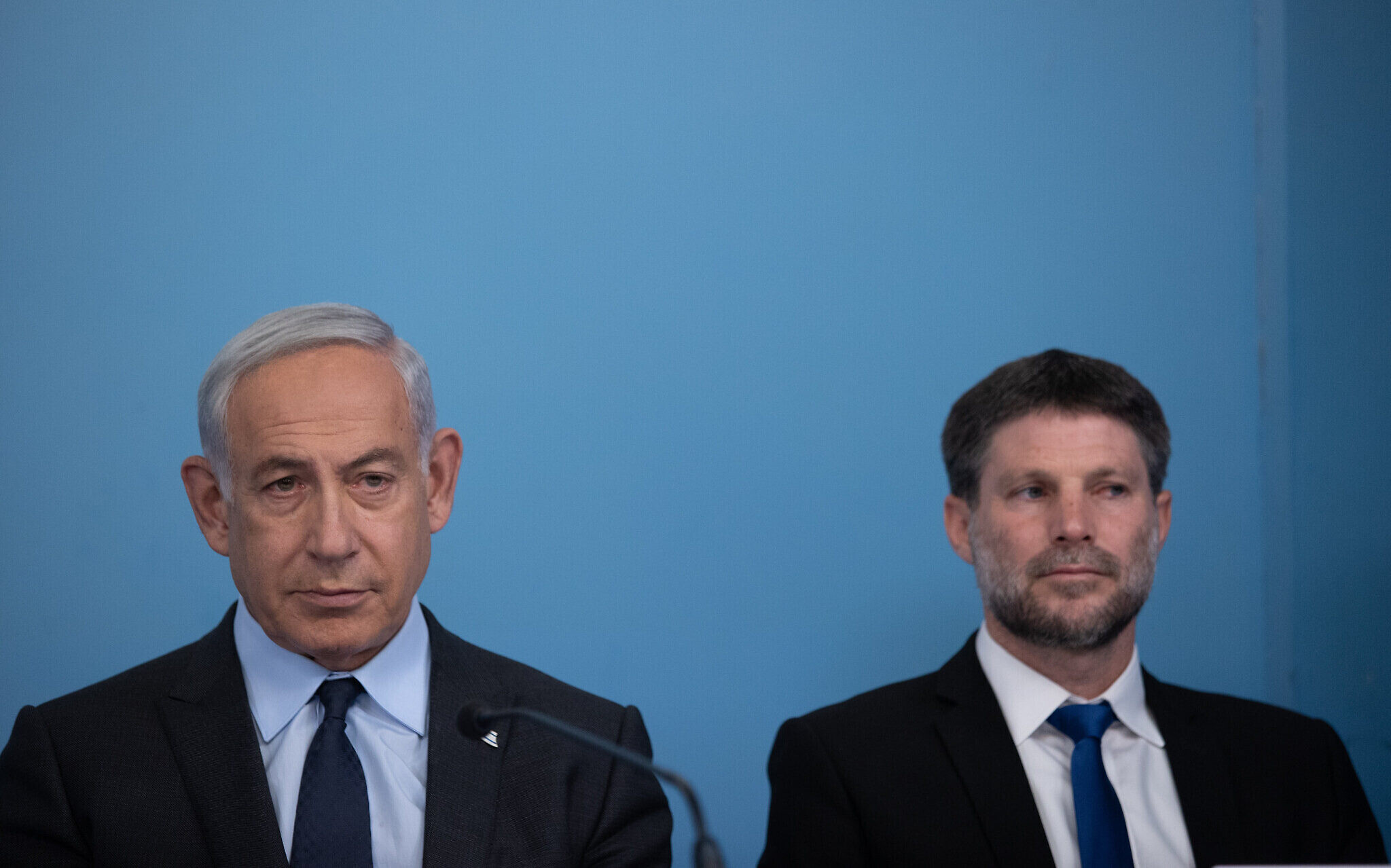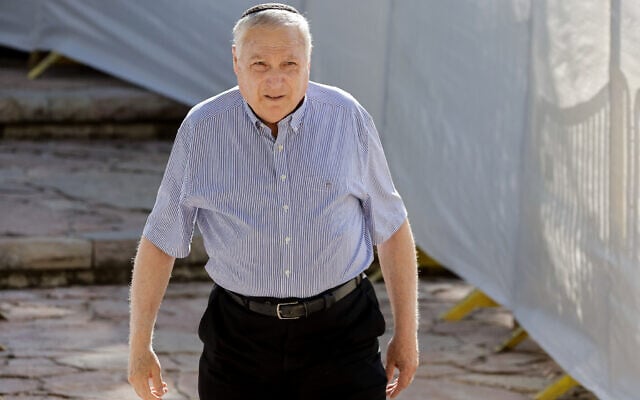


The far-right Otzma Yehudit party cannot live with the 21-point ceasefire document whose details are set to be hammered out by US President Donald Trump and Prime Minister Benjamin Netanyahu during their meeting at the White House on Monday.
Party leader National Security Minister Itamar Ben Gvir wasted no time making his position clear, tweeting that Netanyahu has no mandate to cease fighting without achieving Hamas’s defeat in Gaza.
The 21-point document, first revealed by The Times of Israel, contains a proposed US framework for ending the war in Gaza and bringing stability to the region.
Ben Gvir is expected to oppose key clauses in the document: the release of 200 Palestinian prisoners serving life sentences, nearly all convicted of killing Israelis in terror attacks; the prevention of forced emigration of Palestinians from Gaza, an initiative Trump floated back in February and Netanyahu’s government later tried, unsuccessfully, to advance; and the return of the Palestinian Authority to governing the Strip.
Since rejoining the government in March, having previously briefly quit over a temporary ceasefire and hostage deal signed in January, Ben Gvir has never come so close to walking out of it again – if, that is, the agreement is indeed finalized in the Oval Office.
Yet even if Ben Gvir bolts, Netanyahu would still have a majority coalition of 62 seats: Gideon Sa’ar, once a rising star in Likud who split off to form New Hope and then circled back as foreign minister, is firmly behind the potential deal.
Unlike other Likud ministers who privately grumble but remain silent, Sa’ar tweeted with unusual candor: “After two years of war, Israel’s clear interest is ending the war and achieving its goals.” He added, with a nod to Netanyahu, “I trust him to represent Israel’s interests as required in talks with President Trump.”
For now, Netanyahu enjoys a kind of balancing act: Sa’ar on one side, Ben Gvir on the other. But the real sway lies with Bezalel Smotrich and his far-right Religious Zionism party.
Smotrich, the finance minister and an ardent advocate of taking over the entire Gaza Strip and renewing Israeli settlements there – along with West Bank annexation – holds more sway than Ben Gvir. If the deal moves forward, the question will be whether Smotrich stands with Netanyahu or against him.
Netanyahu’s envoys in Washington and New York spent much of Sunday on the phone with Smotrich and his colleagues in Israel, probing just how far they are prepared to go.
Members of the Religious Zionism party admit they don’t know what’s on their leader’s mind.
One party source told The Times of Israel: “What matters most is that Hamas will not remain in Gaza. For us, the top priority is a demilitarized Strip.”
Smotrich’s passion, though, is annexation. Yet here too his hands are tied. After Trump’s blunt statements against Israeli annexation of the West Bank, likely to be reflected in the final version of the 21-point framework, Netanyahu cannot offer Smotrich compensation in that direction.
Smotrich’s grand plan, a sweeping annexation of 82 percent of the West Bank with Palestinian cities left under limited municipal control by the Palestinian Authority, will have to be shelved for now.
That hasn’t stopped anger from bubbling up among the grassroots. Nadia Matar and Yehudit Katzover, the driving force behind the Sovereignty Movement that campaigns for Israeli annexation of the West Bank, were the first to lash out.
“Is there a prime minister in Jerusalem?” they demanded in a statement. “The president of the United States promises in blunt language, ‘I will not allow annexation of the West Bank,’ and we, the citizens of Israel and the Jewish people, wonder if we have woken up in a country without a leader, a nation without a prime minister. ”
“The Jewish people cannot allow the US president to show such disdain for the Land of Israel, ” the statement continues. “We expect the prime minister to respond like Israel’s great leaders. He must stand tall and declare sovereignty over the West Bank and Gaza. That is what David Ben-Gurion, Levi Eshkol, and Menachem Begin did in their historic decisions to establish the state and extend sovereignty to Jerusalem and the Golan Heights – even over the objections of Israel’s closest friends, including the US.”
Netanyahu’s allies are pushing back. Nathan Eshel, a longtime confidant and behind-the-scenes adviser, warned that such fiery declarations could actually backfire.
“The annexation issue is mainly a Religious Zionism campaign, backed by two or three Samaria council heads who support their party,” Eshel argued. “I know some of my friends on the right will be angry with me, but annexation could severely damage the settlement drive.”
“Today, a government decision is enough to launch a new [settlement] neighborhood, and within three or four months, permits are issued and construction begins,” he explains. “But once annexation and Israeli administration take effect, every neighborhood could be delayed seven or ten years. That’s the reality. The major West Bank developers told me directly: ‘If annexation happens, we’re finished.’”
Smotrich now faces a choice. As finance minister and coalition partner, he has three paths: oppose the proposed 21-point plan in cabinet but abstain and remain in government; vote against the plan and resign, taking his party into the opposition; or vote against, leave the government, but continue supporting the coalition from the outside – mirroring the ultra-Orthodox parties, who recently quit the government over the military draft law but still provide support for Netanyahu in the Knesset.
What is not on the table, however, is toppling the government outright. Even if Ben Gvir and Smotrich both defect to the opposition, Netanyahu’s coalition cannot be brought down without 61 Knesset members agreeing on a replacement prime minister. In Israel’s fragmented parliamentary system, such a scenario is simply not in the cards.





